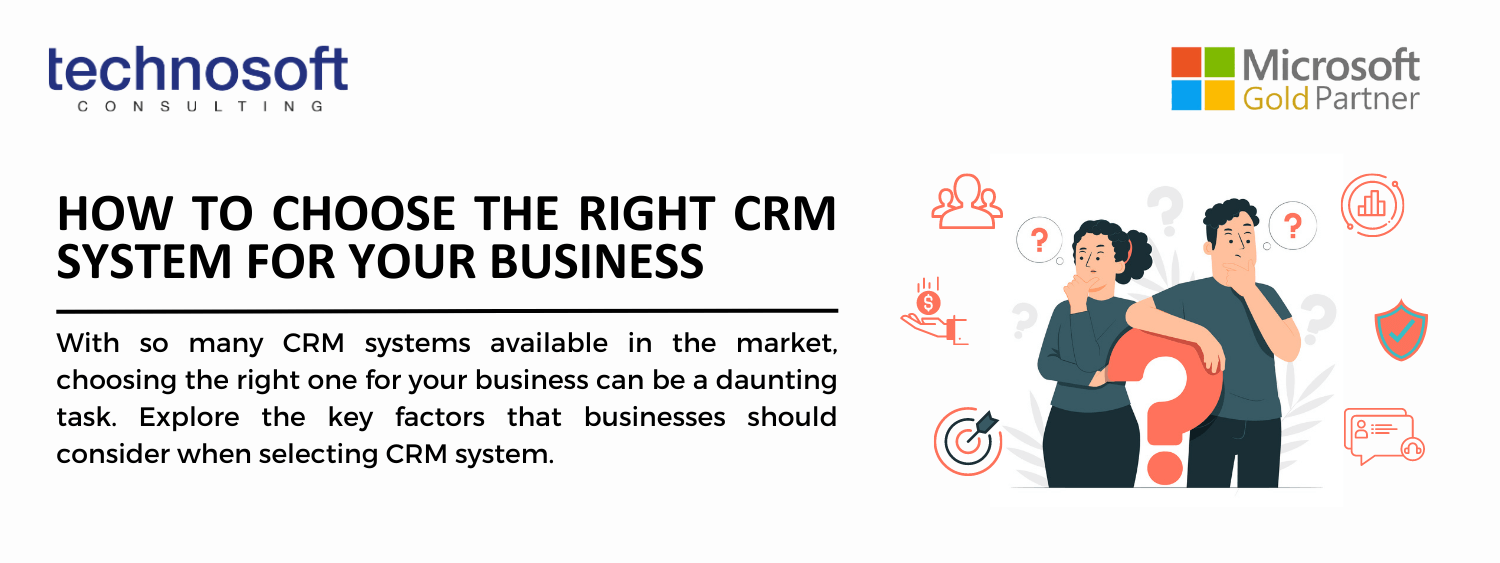

Customer Relationship Management (CRM) system isn’t just about sales and service automation. It’s also how to engage with customers, anticipate their journey, and exceed their needs. Customer relationship management (CRM) is a set of integrated, data-driven software solutions that help manage, track, and store information related to your company’s current and potential customers. By keeping this information in a centralized system, business teams have access to the insights they need, the moment they need them.
Fast forward to today, many options of modern CRM tools which have capability of sales, marketing, commerce, field service, and customer service teams immediate visibility into—and access to—everything crucial to developing, improving, and retaining customer relationships.
Choosing the right CRM system is a crucial decision for any business. The right CRM system can help improve customer engagement, increase sales, and streamline business processes. However, with so many options available in the market, selecting the right CRM system can be a daunting task. Here are some of the key factors to consider when choosing CRM system:
- Define Your Business Needs
The first step in choosing the right CRM system is to identify your business needs. Determine the goals of your business and what you hope to achieve with the CRM system. Some key factors to consider include the size of your business, the number of users, and the level of customization required. Understanding your business needs will help you select a CRM system that meets your specific requirements. - Consider User Experience
The user experience is a crucial factor to consider when choosing CRM system. The system should be easy to use and navigate, with an intuitive interface that makes it easy for employees to learn and adopt. The system should also be customizable, allowing users to personalize the platform to suit their specific needs - Look for Integration Capabilities
CRM system should be able to integrate with other applications that your business uses, such as marketing automation tools, email marketing platforms, and accounting software. Integration capabilities ensure that your CRM system is connected to other systems that your business relies on, making it easier to manage data and streamline operations. - Evaluate the Features
Different CRM systems offer different features, so it’s essential to evaluate the functionalities that each system provides. Some of the key features to consider include contact management, sales automation, marketing automation, analytics, and reporting capabilities. Make sure to prioritize the features that are most important to your business. - Consider Security and Data Privacy
Security and data privacy are critical considerations when selecting CRM system. The system should provide secure storage of data and ensure that customer information is protected. Look for a system that offers role-based access, encryption, and other security features to keep your data safe. - Evaluate Pricing and Scalability
Finally, consider the cost of the CRM system and its scalability. Look for a system that fits your budget and provides the necessary features for your business. Scalability is also important as your business grows and expands, and you may need to upgrade your CRM system to meet your changing needs.
Please do not hesitate to contact us and let us help you to choosing the right CRM system for your business!
More information:
- Sales, PT Graha Technosoft Informatika, 62-21-5658566, sales@technosoft.co.id
- Info, PT Graha Technosoft Informatika, 62-21-565-8566, info@technosoft.co.id
Sources:
https://dynamics.microsoft.com/en-us/crm/what-is-crm/
